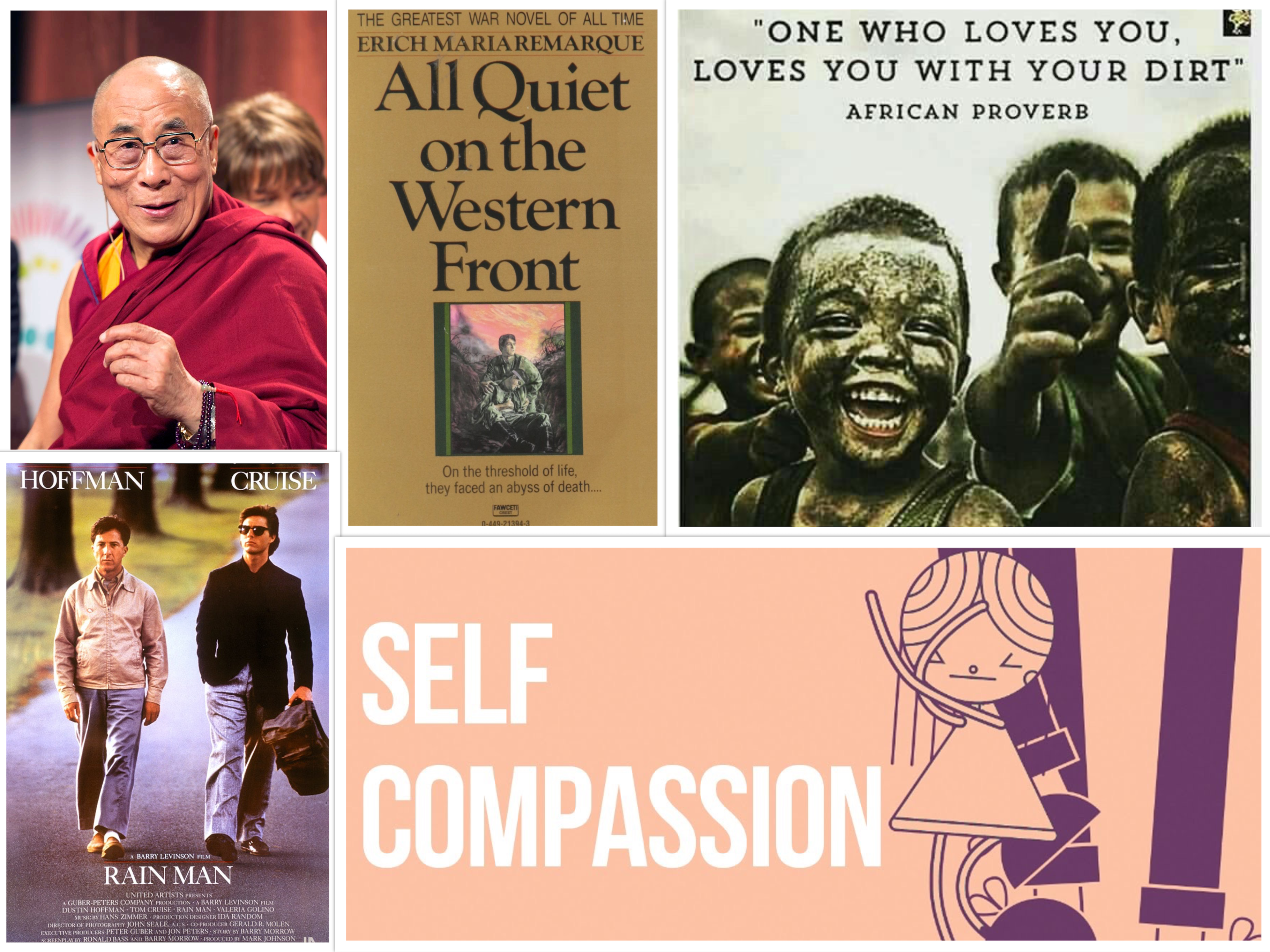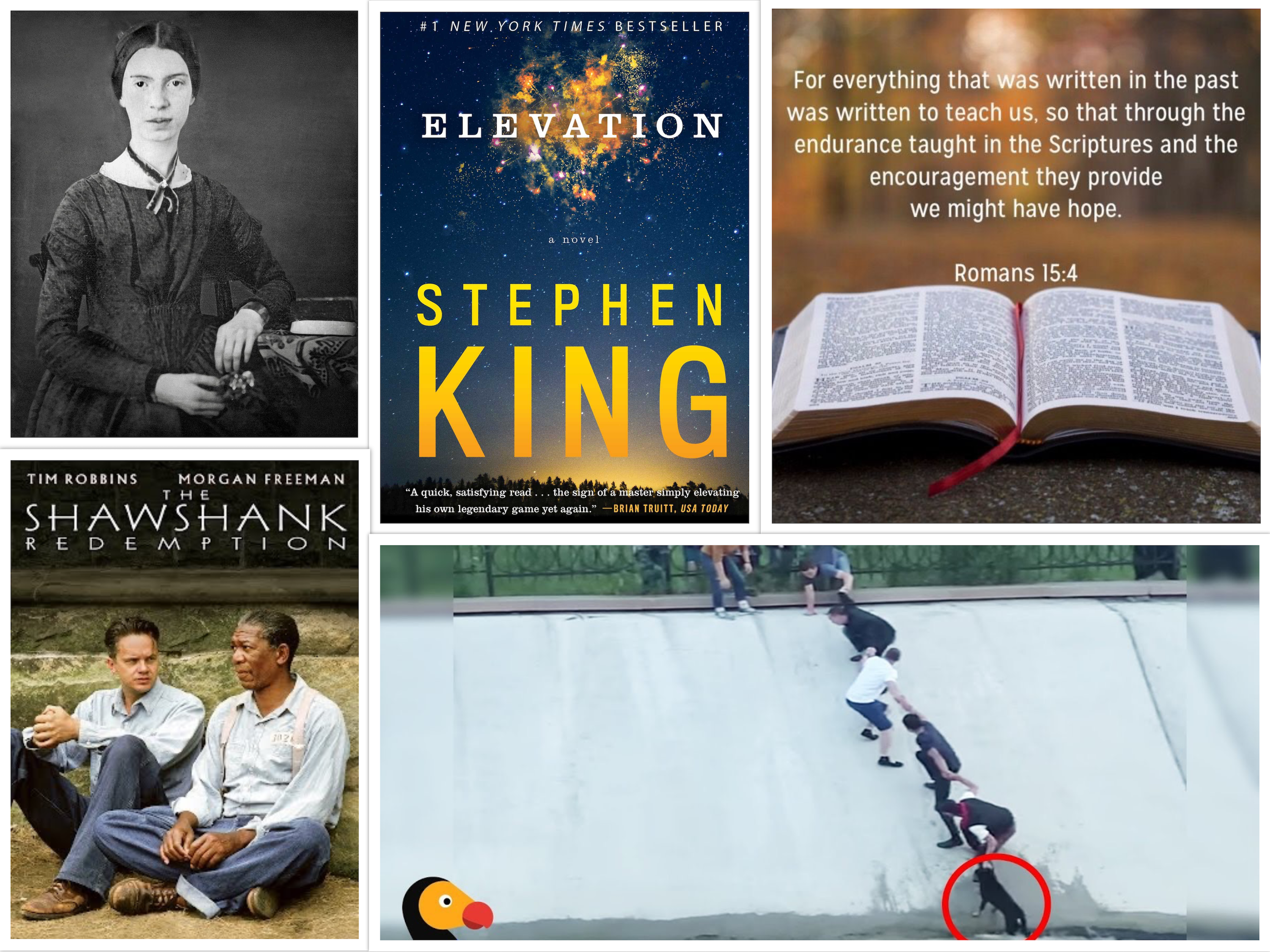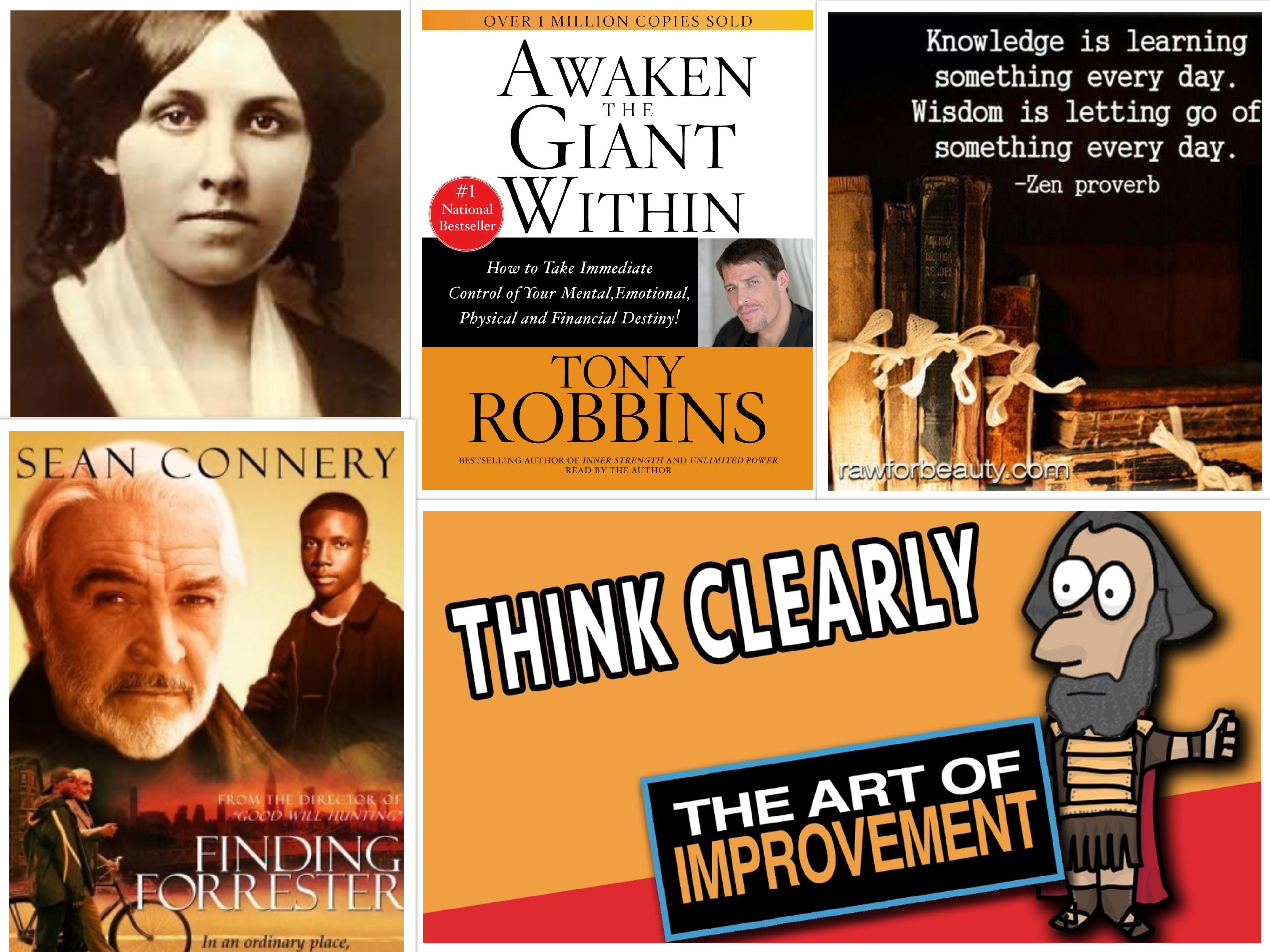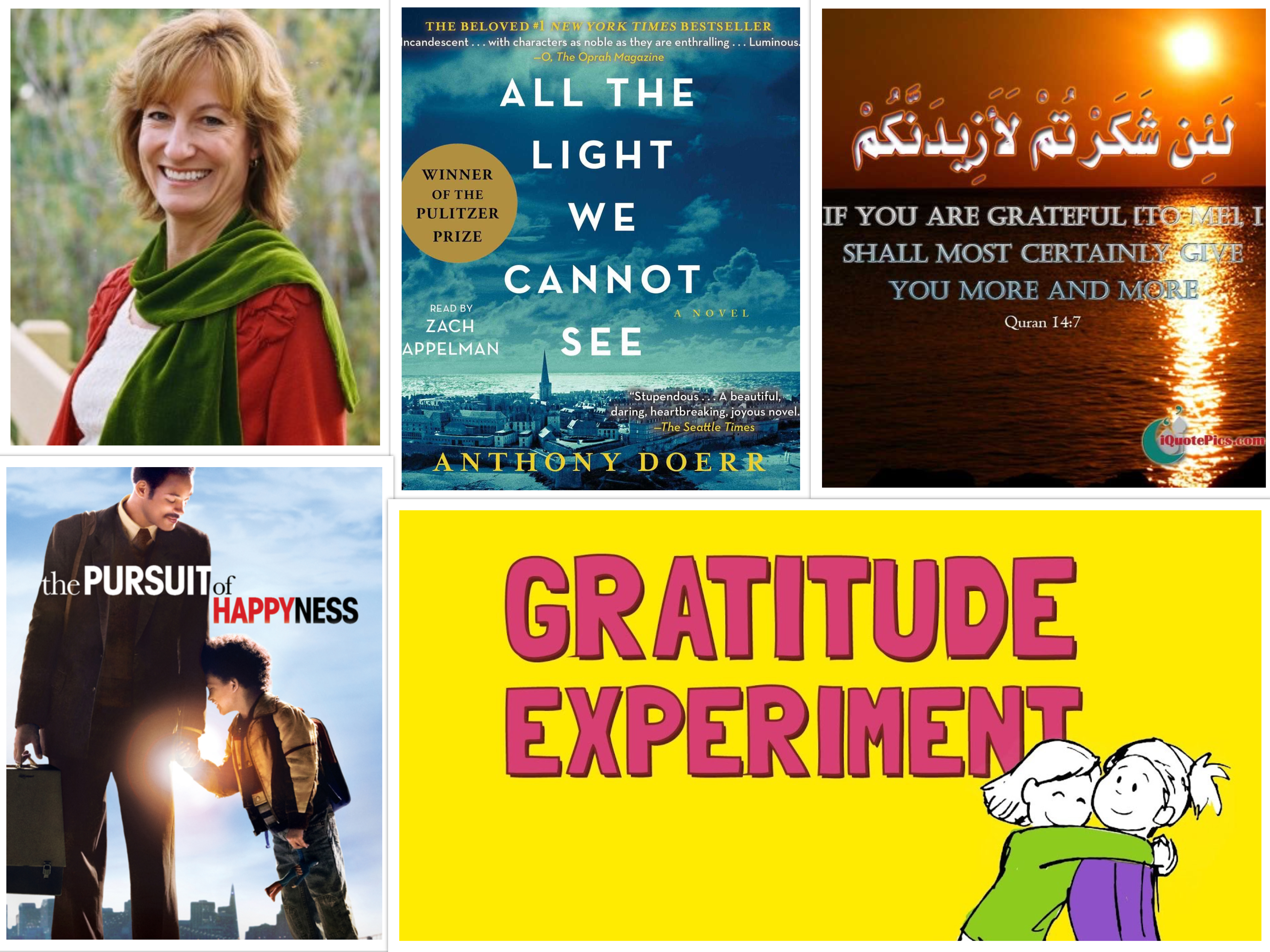Sunday Supplement #34 (January 2nd, 2022)
Below is another Sunday Supplement with a quote worth sharing, a book worth reading, a movie worth watching, brainfood worth consuming, and a spiritual passage worth pondering.
I hope you take something away from these recommendations that enriches your week ahead!
Quote of the Week:
“You can’t have a better tomorrow if you are thinking about yesterday all the time.”
– Charles Kettering
Book of the Week:
The Surrender Experiment – Michael A. Singer
In Sunday Supplement #12, I highlighted Michael Singer’s The Untethered Soul. That book is one of my favorite self-help/spirituality books and is one that gave me many tools to improve my life.
The Surrender Experiment is Singer’s autobiography that recounts his life from his early years as a loner and a searcher to his life as a computer program engineer that made him a multi-millionaire.
Throughout Singer’s journey, he stayed true to his spiritual and humanitarian efforts, which allowed him to put aside conflicting beliefs, let go of worries, and transform misdirected desires.
Many self-help books can appear to be a lot of advice from people coming off like they’re selling something. Michael Singer’s work passes on what has worked in his life without skipping over the contentious parts.
This book is a fantastic insight into Singer’s extraordinary life and is the perfect introduction to his guide to living in The Untethered Soul.
Movie of the Week:
Richard Curtis, the writer/director of About Time, has over 60 movies credited to his name. Of those are classics like Notting Hill, Love Actually, and Four Weddings and a Funeral.
While About Time isn’t one of Curtis’ Oscar-nominated films, it is definitely one of his best and deserves a view.
The film tells the story of Tim as he turns 21 and learns from his father that he can travel in time and change what happens in his life. He decides to use his abilities to get a girlfriend but finds more difficulties in this task than he imagined. The lessons he learns along the way make a beautiful movie.
Domhnall Gleeson, Rachel McAdams, and Bill Nighy star in the leading roles with solid supporting performances from Margot Robbie and Lydia Wilson. Each contributes to the well-written story in memorable ways.
About Time is a brilliant romantic comedy that provides a beautiful message for the New Year. The viewer has to put aside the logistics of time travel in the movie, but it allows for a special film to be seen if that is done.
Brainfood of the Week:
A Complete Guide to Goal Setting — The Art of Improvement (Jack Heimbigner)
I featured The Art of Improvement on Sunday Supplement #30, and the channel makes another appearance for this post.
In this video, Jack Heimbigner goes over the importance of milestones and goal setting. We often fail to follow through with our plans, but the video explains why this happens and how to avoid that outcome.
Heimbigner breaks down S.M.A.R.T.E.R. goal setting. The acronym stands for specific, measurable, attainable, relevant/relatable, time-bound, evaluate, and reward. Check out the video to see how each category is used to help achieve and manage your goals.
The video wraps up with the C.S. Lewis quote, “You can’t go back and change the beginning, but you can start where you are and change the ending.”
I believe goal setting is a valuable tool to help yourself move forward. The Art of Improvement video is a fantastic tool to help you plan for the new year.
I’d also recommend checking out Sunday Supplement #8 and my blurb about Atomic Habits to help with setting achievable goals
Have fun with your goal-setting for 2022!
Closing Spiritual Passage:
“Do they not see that they are tried once or twice every year? Yet they neither repent nor do they learn a lesson.”
– Surah At-Tawbah 126
This passage from the Quran reminds me of the importance of reflecting and learning from my actions. The end of the year is the perfect time for looking back at what’s happened, seeing the lessons that can be gleaned, and planning for the year ahead.
My birthday is on December 27th, and I usually dedicate time on that day to reflect on the past year and plan for the year ahead. I did an intention setting for the year ahead, but I put the yearly reflection aside for later.
I’ve since looked at my past year, celebrated my wins, and saw areas where I could improve. One of the exercises I did was a value and goal alignment. I looked at my values and goals and saw where I fell short and where I could adjust for the following year.
The simplest way to ensure I’m on track is to plan my schedule with activities and routines that reflect my values and goals. The above Art of Improvement video also helped me create a plan for 2022.
I always find it exciting when synchronicity strikes in my life. And the timing of coming across the Quran passage reminded me how vital it is to look at the year’s past tests and learn from them.
Reflect on the past year, learn and plan, move forward, and have a blessed year ahead!
2 Comments



